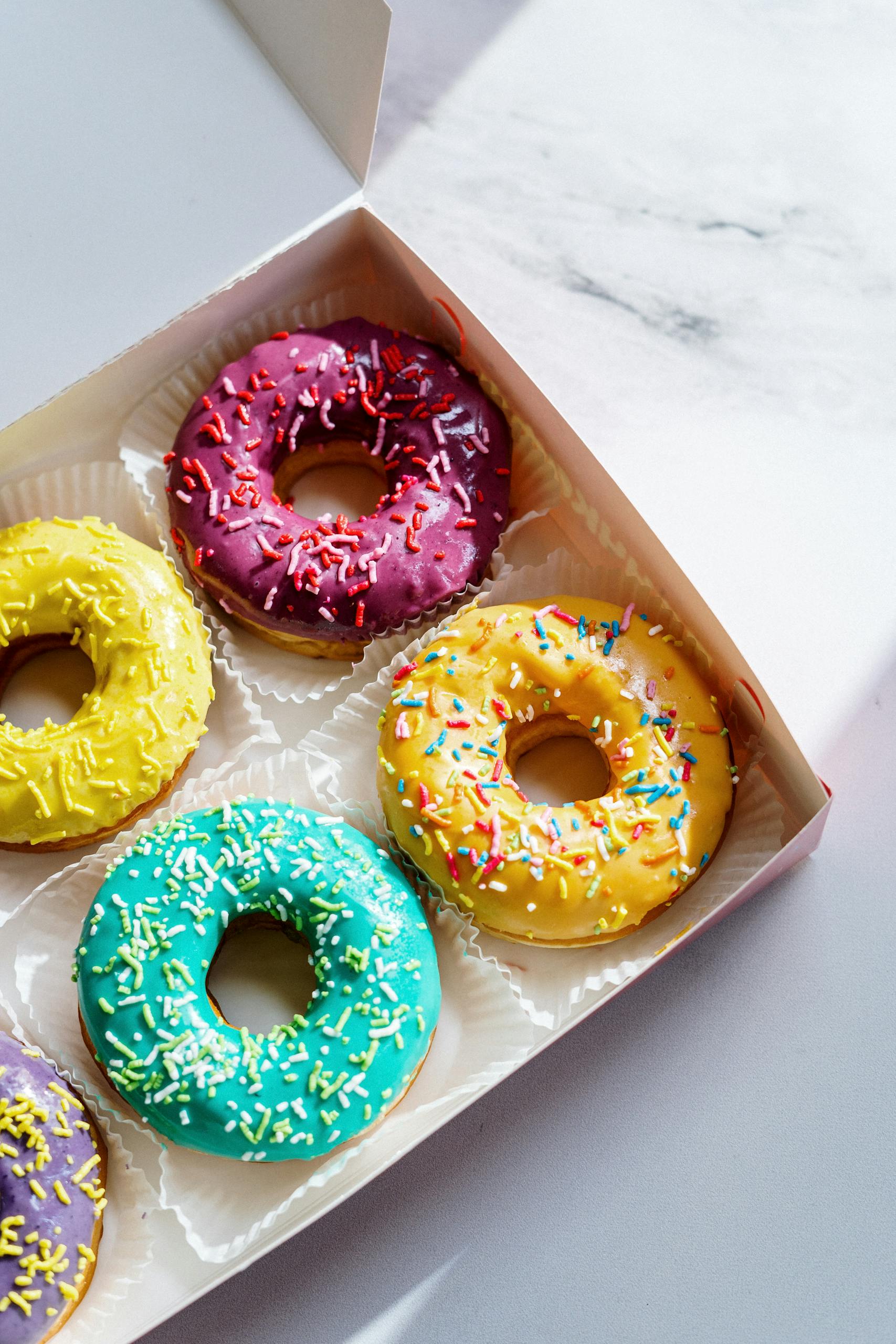Understanding Food Cravings: Body Mapping Your Way to Calm

Are you struggling with persistent food cravings? It’s important to recognize that these cravings often stem from various physiological factors. In this blog, we’ll define the different areas of your body that drive cravings, the problems or symptoms associated and the solutions.
Don’t forget to watch the accompanying Youtube Video & color along in your copy of Surfing The Urge!
The Science Behind Cravings
Elevated Endocannabinoids
Endocannabinoids are neurotransmitters that enhance the pleasure of eating. They increase when we’re hungry and decrease when we’re full. Genetic variations influence how much endocannabinoid is produced, leading to different experiences with food pleasure. Which is why some people can eat just one cookie!
Problems:
- Increased appetite
- Heightened excitement from environmental food triggers
- Difficulty stopping once you start eating
- Weight gain due to slowed metabolism
- Food noise and cravings even when not hungry
Solutions:
- Avoid keeping highly desirable foods at home
- Schedule special outings for your favorite treats
- Purchase pre-portioned items
- Practice techniques to “surf the urge”
- Ensure balanced meals with macronutrients
High Ghrelin and Leptin Resistance
Poor sleep, carbohydrate-heavy meals, and insulin resistance can result in high levels of ghrelin, our hunger hormone.
Problems:
- Chronic feelings of hunger
- Low appetite or nausea in the morning
Solutions:
- Focus on high-protein meals
- Opt for low-calorie snacks if hunger strikes beyond daily needs
- Establish a regular eating schedule
- Improve sleep quality
- Maintain balanced macronutrient intake
Insulin Resistance and High Blood Sugar
Insulin resistance can develop early and progress toward pre-diabetes, characterized by elevated glucagon and chronically high blood sugar levels.
Problems:
- Constant feelings of hunger
- Headaches and low energy
- Increased thirst
- Irritability and brain fog
Solutions:
- Eat high-protein and low-carbohydrate meals
- Stick to a regular eating schedule
- Eat within two hours of waking and fast overnight
- Focus on balanced macronutrients
Mood and Energy Regulation
Cravings can also be linked to the body’s need for neurotransmitters like serotonin and dopamine.
Problems:
- Appetite fluctuations, especially high later in the day
- Fatigue and inconsistent food intake
- Increased anxiety and depression
Solutions:
- Prioritize whole foods
- Meet your protein goals
- Maintain a consistent eating schedule
- Fast before bed and go to sleep earlier
- Incorporate regular exercise
Stress and Elevated Cortisol
When stressed, elevated cortisol and adrenaline shift the body into a “fight or flight” mode, often leading to food cravings as a way to seek comfort and for the body to re-establish balance by altering the neurohormone profile in the body.
Problems:
- Appetite inconsistencies
- Fatigue
- Anxiety and stress-related eating
- High blood sugar levels
Solutions:
- Stimulate the vagus nerve by drinking tea or water
- Engage in breathwork or body movement
- Practice meditation
- Enjoy activities like singing or laughing
- Maintain balanced meals to prevent high blood sugar
Conclusion
If you’ve worked on balancing your macros, ensured adequate sleep, and developed healthy habits but still struggle with cravings, it may be time to connect with a healthcare provider. They can help you check lab results, consider medications, or explore supplements. If you’ve made these lifestyle adjustments and continue to face challenges, you might be dealing with cravings of an addictive nature. In that case, I recommend the book Dopamine Nation for further insights or consulting a healthcare professional for specialized support.
For additional support, don’t forget to check out my YouTube channel! Join me for a fun coloring experience where we’ll create your own body map to help you understand the root of your cravings. In Surfing the Urge: A Novel Way to Cope With Food Cravings and Quiet the Food Noise, a therapeutic coloring and activity book, we’ll navigate your food journey together. Let’s color and learn together!
Watch the video now:



